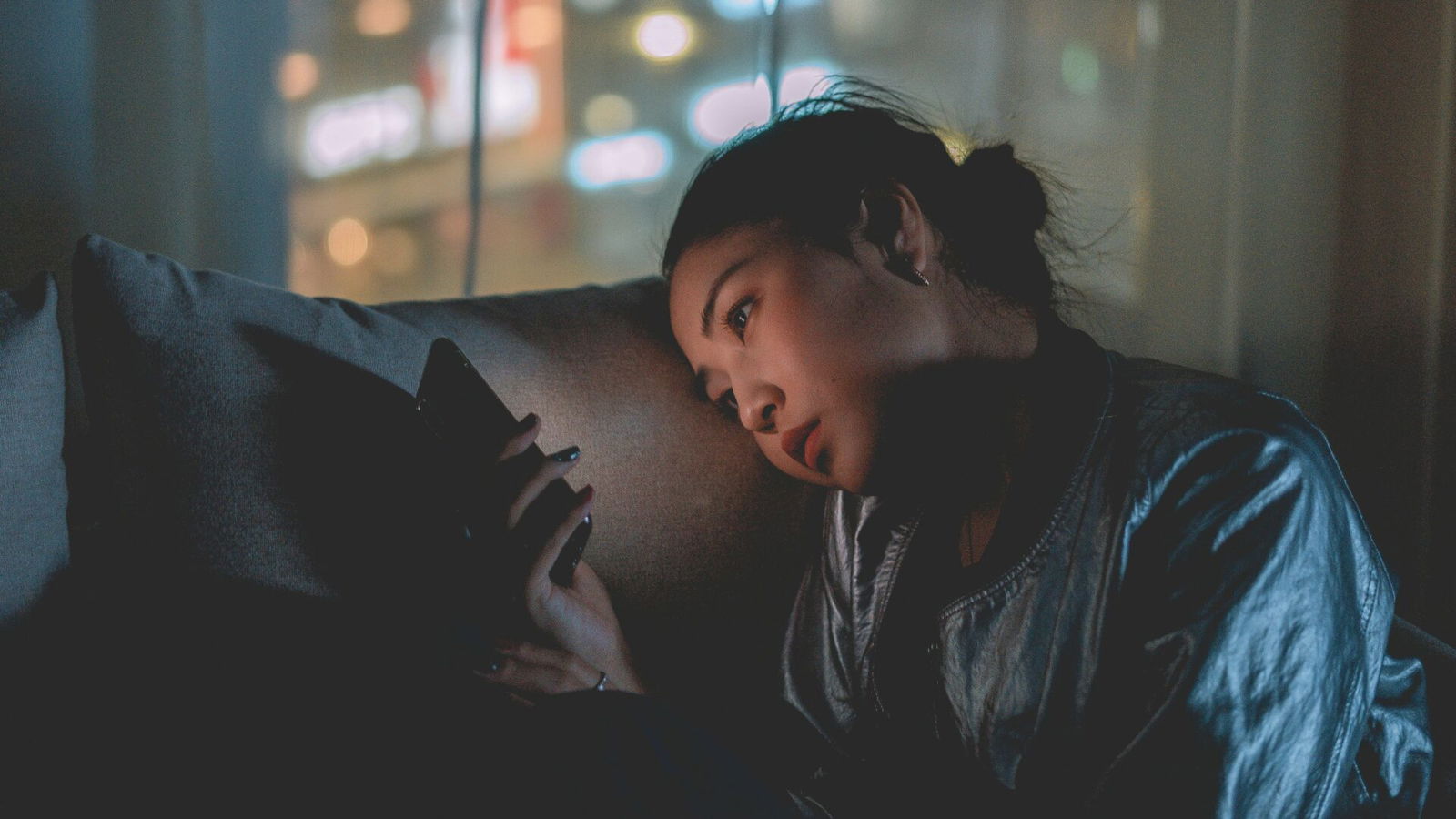
By Mallory Mattingly
Psychologist Jonathan Haidt shared disturbing video that highlights the harmful content social media feeds young users.
“Can we trust Instagram to protect our teens?” the first part of the video reads. “We set up an account as a 13-year-old girl on Instagram. In less than a week, we were led down a pipeline of unsettling content.”
The algorithms pushed content about dangerous weight loss and diet fads currently trending.
“When Instagram announced new protections for teens, we put the new features to the test using our account,” the video explained. “We focused on reels because, according to Meta, reels make up over 50% of time on the platform.”
After protections were put in place, 63% of reels were positive, while 37% were not.
Related: Psychologist Urges Parents to ‘Act Together’ to Keep Kids Off Smartphones
“Eating disorder content was reduced, but 1 in every 10 videos was anorexia recovery content,” the video explained. “From day 2, mental health surged. We combined mental health and anorexia recovery videos, totaling 1 in every 4. We never searched for or liked any of this content.”
Most of the content the account liked was animal focused.
When they tried to report disturbing content, the post was not removed because “it does not go against our Community Standards on eating disorders,” Instagram said.
To combat this, Haidt encouraged parents to set “time limits, and no phones in bedrooms, especially overnight. As @protectyoungeyes says, the ‘toxic trio’ of darkness, bedrooms, and boredom is a recipe for bad choices.”
“Don’t be afraid to be the bad cop. Without a fully grown prefrontal cortex, which matures until age 25, kids and teens lack the executive functioning to know when they’ve had enough (many adults struggle with this, too),” The Anxious Generation author urged.
In 2024, Instagram introduced “Instagram Teen Accounts to reassure parents that teens are having safe experiences with built-in protections on automatically.”
Those accounts “will limit who can contact teens and the content they see, and help ensure teens’ time is well spent.” It also requires teens under 16 to get their parent’s permission to change the “built-in protections” that come with the Teen Account.
But even with protections like that in place, social media will still expose your child to potentially harmful content, even without them seeking it out.
“There is now a great deal of evidence that social media is a substantial cause, not just a tiny correlate, of depression and anxiety, and therefore of behaviors related to depression and anxiety, including self-harm and suicide,” Haidt wrote previously.
Because of these impacts, Haidt urges parents to say no to social media as a whole. Even with safety precautions set in place, young teens will still encounter harmful and disturbing content.
Read Next: Psychologists Call on Tech Companies to Protect Kids’ Mental Health
Questions or comments? Please write to us here.


 - Content:
- Content: 
 – Content:
– Content: 
